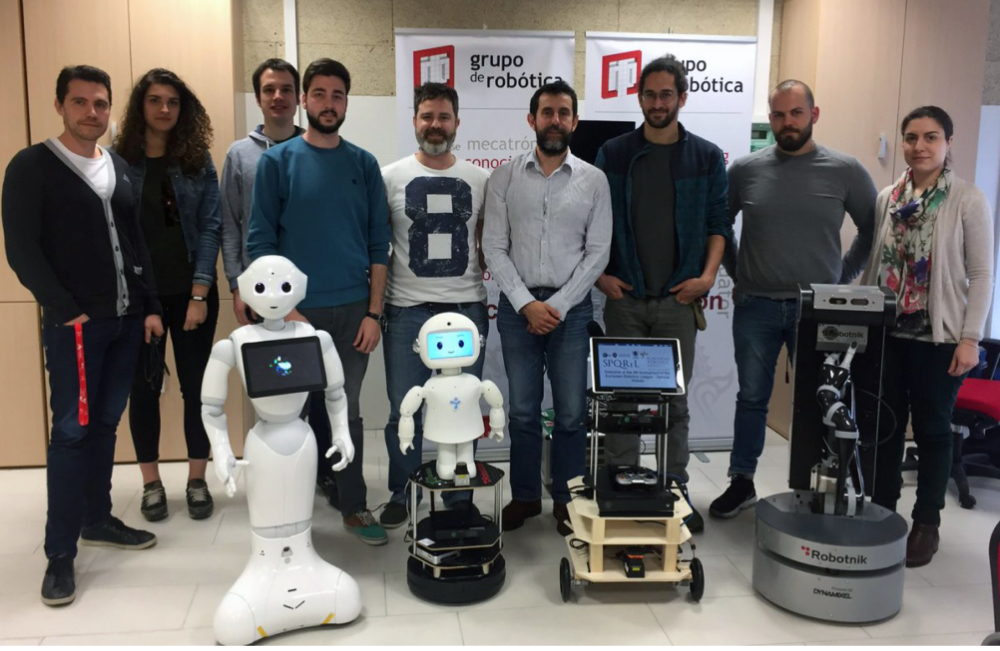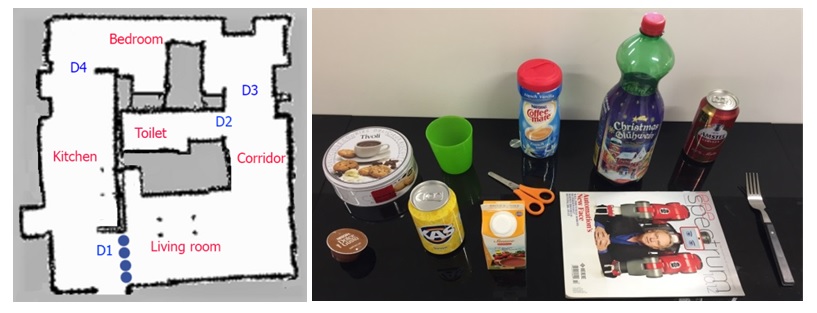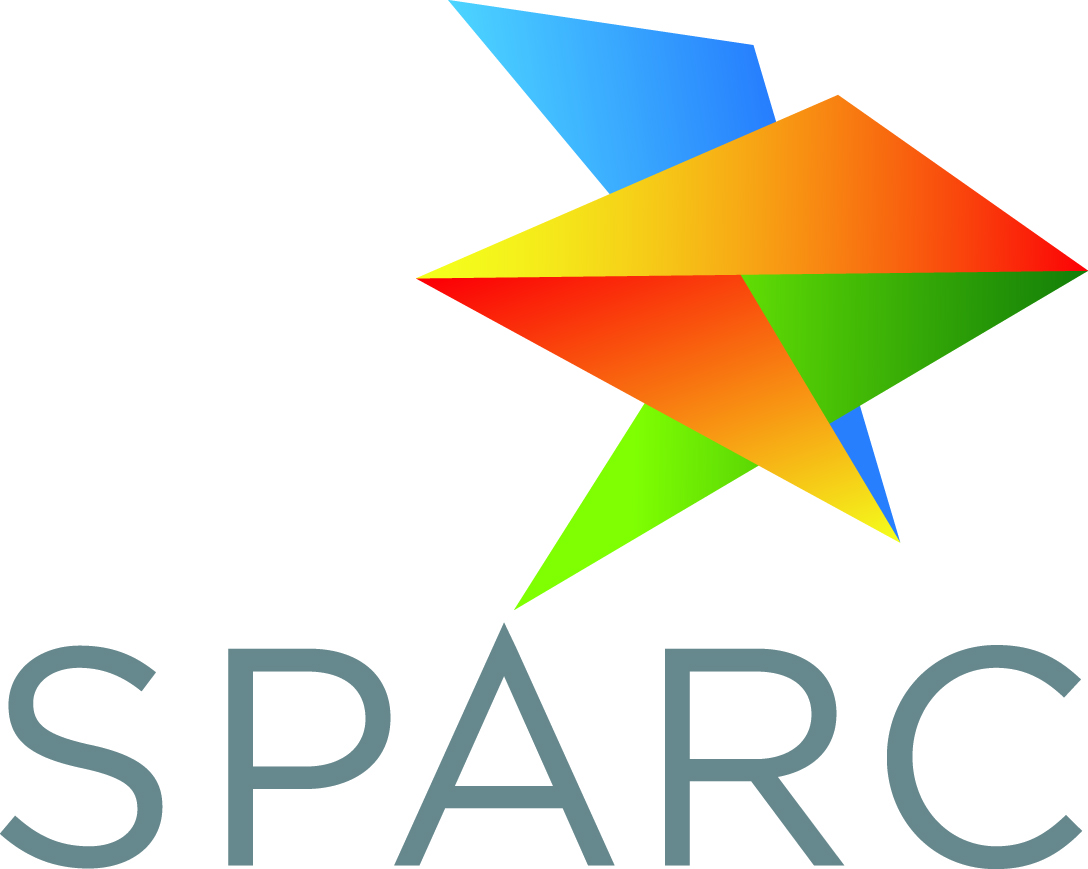
Robohub.org
European Robotics League gearing up for 2017-2018 season

Teams participating in the ERL Service Robots local tournament at certified Leon@Home Test bed. Copyright: Universidad de León.
The European Robotics League has closed a successful first season. Funded by the European Union’s Horizon 2020 Programme for research, the ERL brings a common framework for two indoor robotics competitions, ERL Industrial Robots and ERL Service Robots and one outdoor robotics competition, ERL Emergency Robots. The three competitions are designed to target three clear objectives: the European societal challenge of an aging population, the strengthening of the European robotics industry and the use of autonomous systems for emergency response.
The last tournament of the ERL season 2016/17 took place at the Leon@Home Test bed located at the Módulo de Investigación en Cibernética of the Universidad de León, Spain. The ERL Service Robots local competition organised by Dr Vicente Matellan and the Leon Robotics Group was held from the 13-17 March and consisted of several trials, which mainly took place on the last day.

Caption: (Left) Leon@Home Test bed. (Right) Módulo de Investigación en Cibernética (MIC). Copyright: Universidad de León
The teams competed in different Task Benchmarks (TBM) and Functionality Benchmarks (FBM), comprising “TBM1: Getting to know my home”, “TBM4: Visit My Home”, “FBM2: Navigation Functionality” and “FBM3: Speech Recognition”. Robots were required to generate a map of their environment, detect random changes in the location of furniture and other items, interact effectively with humans and demonstrate different behaviors when dealing with known and unknown people, and help them with general tasks throughout the day.
The three teams that participated in the local tournament were SPQReL, University of Rome (Italy) and University of Lincoln (UK), Outsider Bots, Universidad Rey Juan Carlos (Spain) and University of Luxemburg (Luxembourg), and Leonbot, Universidad de León (Spain).

Caption: (Left) Example of a semantic Map of the environment. (Right) Objects used in TBM1. Copyright: Universidad de León
The final score for each team was calculated as the MEDIAN of the best performance in each TBM and FBM trials. The teams’ scoring and standings for the season 2016/2017 are available on the ERL Service Robots and ERL Industrial Robots web page.
The ERL Service and ERL Industrial Awards (Season 2016/17), sponsored by Texas Instruments University Program, were handed to the winning teams during the euRobotics Awards Ceremony held on 23 March, at the National Museum of Scotland, in Edinburgh.
ERL Tournaments dates (Season 2017/18)
The European Robotics League has announced the tournament dates for the new season. The local and major tournaments are based in Europe and are open to international participation from Universities, Research labs, Industry and/or end-users. The events are open to the public and anyone interested is welcome to contact the local organisers and attend as a spectator.
There are eight tournaments already confirmed for this season 2017-2018 and new ones are expected to be confirmed in the next months.
ERL Service Robots
Major Tournament
- 28-31 August 2017: as part of the IEEE RO-MAN 2017 event held in Lisbon, Portugal
Local Tournament
- 26-30 June 2017: BRL Anchor Personalised Assisted Living Studio, Bristol Robotics Laboratory, Bristol, UK
- 11-15 September 2017: Leon@Home test bed, Universidad de Leon, Leon, Spain
- ERW 2017, 20-26 November 2017: PAL Robotics, Barcelona, Spain.
- 4-7 December 2017: ECHORD++ RIF Peccioli test bed, Peccioli, Italy.
ERL Industrial Robots
Local Tournament
- 11-15 September 2017: b-it-bots@Work Test Bed, Bonn-Rhein-Sieg University of Applied Science, Sankt Augustin, Germany
- ERW 2017, 21-25 November 2017: Politecnico di Milano, Milan, Italy
ERL Emergency Robots
Major Tournament
- 15-23 September 2017: Piombino, Italy. (Download ERL Emergency 2017 brochure)
ERL Emergency 2017 promo video:
This season 2017/18, Worthington Sharpe Ltd., silver sponsor of ERL Emergency Robots 2017, will provide one Wing Ground Control Station (GCS) for loan to a selected applicant team. Teams wishing to borrow the Wing GCS must apply to the ERL consortium, following the application procedure set on ERL Emergency web page. Applications received will be evaluated by the consortium and Worthington Sharpe Ltd. to select the team who will be granted the loan equipment.
PAL Robotics, a platinum sponsor of ERL Service Robots, announced at the ERL Awards ceremony that the company will offer on a very affordable rental scheme limited units of TIAGo robots for different teams to use in the competition.
Companies and academic institutions interested in sponsoring ERL events can contact Dr Fausto Ferreira for information on the sponsorship and exhibitor packages.
To find out more about the European Robotics League, please visit www.robotics-league.eu.
ERL History
The ERL is the natural evolution of a series of highly successful previous competitions that were established via FP7 funded projects: RoCKIn, euRathlon and EuRoC. All three projects aimed to foster scientific progress and innovation in cognitive systems and robotics through the design and implementation of new competitions.
The European Robotics League is funded by the European Union’s Horizon 2020 Programme for research, technological development and demonstration under grant agreement n° 688441
Watch the European Robotics League promo video:
About euRobotics and SPARC
euRobotics is a non-profit organisation based in Brussels with the objective to make robotics beneficial for Europe’s economy and society. With more than 250 member organisations, euRobotics also provides the European Robotics Community with a legal entity to engage in a public/private partnership with the European Commission, named SPARC.
SPARC, the public-private partnership (PPP) between the European Commission and euRobotics, is a European initiative to maintain and extend Europe’s leadership in civilian robotics. Its aim is to strategically position European robotics in the world thereby securing major benefits for the European economy and the society at large.
SPARC is the largest research and innovation programme in civilian robotics in the world, with 700 million euro in funding from the European Commission between 2014 to 2020, which is tripled by European industry to yield a total investment of 2.1 billion euro. SPARC will stimulate an ever more vibrant and effective robotics community that collaborates in the successful development of technical transfer and commercial exploitation.
tags: c-Events, EC, ERL, euRobotics, European Commission, European Robotics League, Horizon 2020, SPARC




